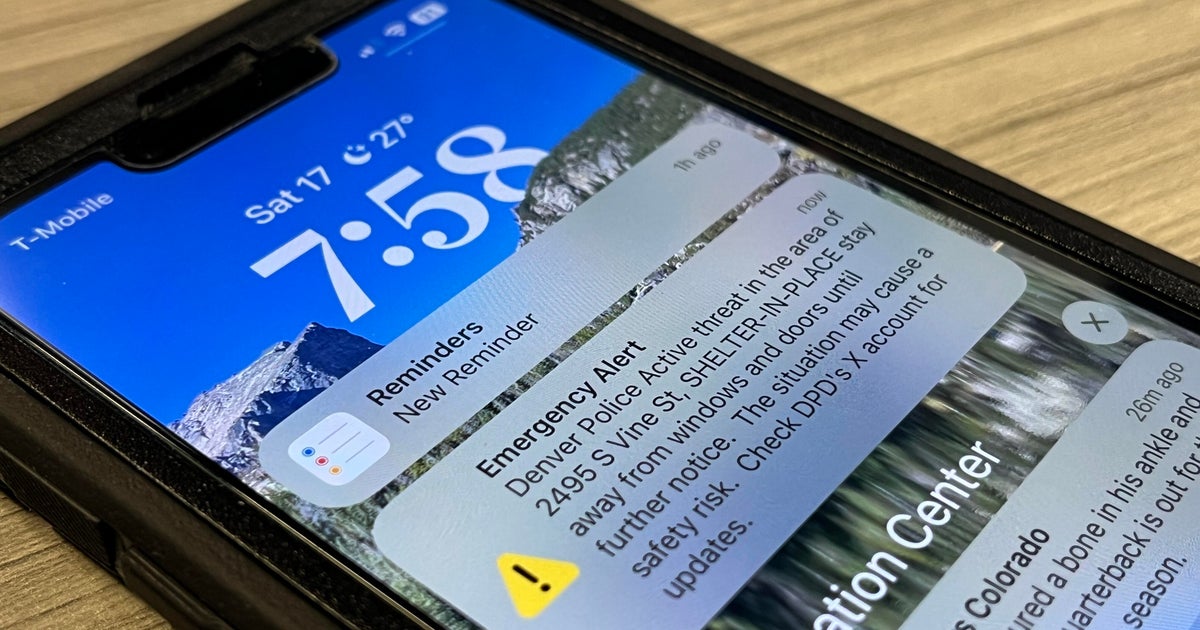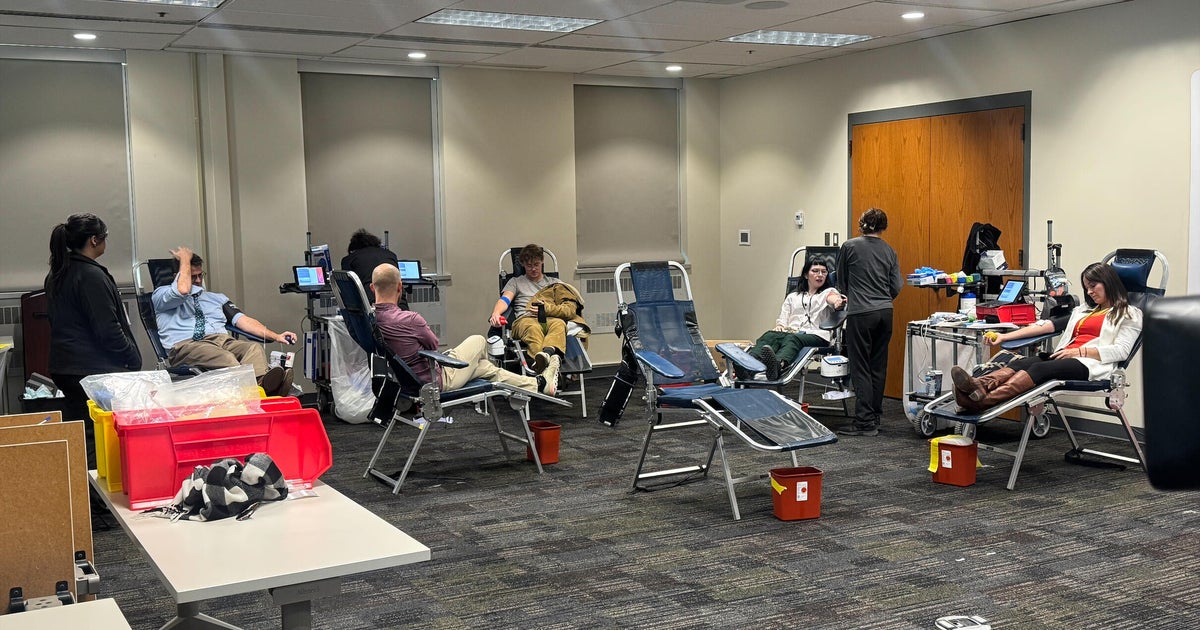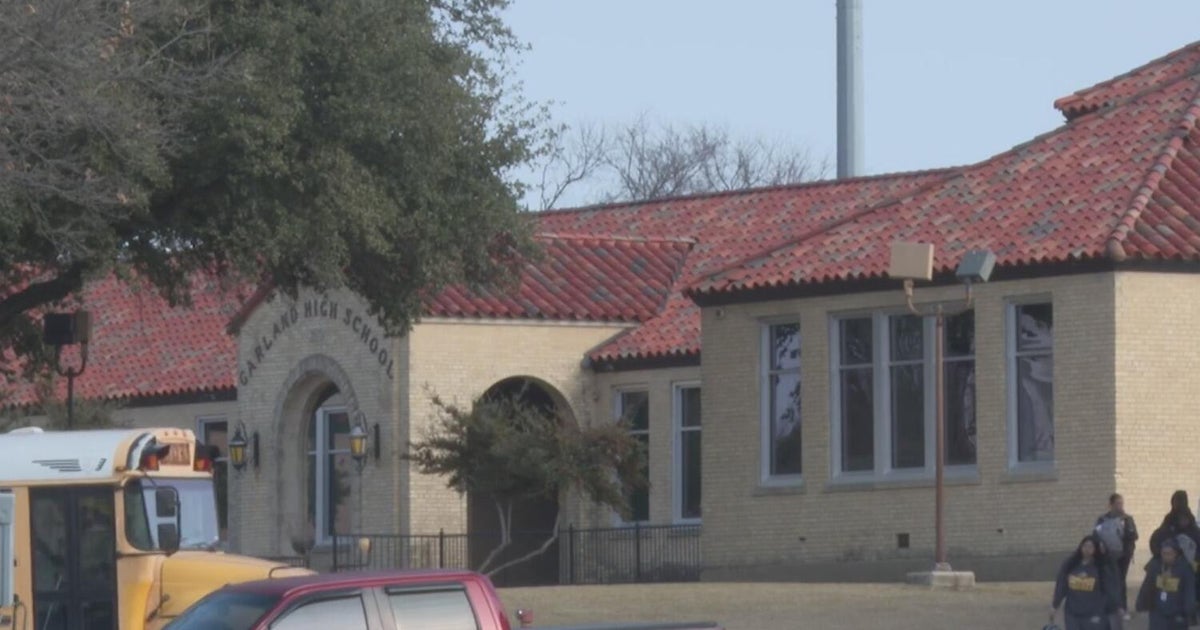Altitude Sports and Comcast continue to remain at odds after settling lawsuit
After multiple years of squaring off in court, Altitude Sports & Entertainment and Comcast Corporation have reached a settlement in an ongoing federal antitrust lawsuit. But, while a sign of possible progress in a larger, ongoing dispute, the two remain at odds over a carriage deal, leaving local Avalanche and Nuggets fans in the dark.
The cable provider and regional sports network announced the settlement, which is confidential, Friday afternoon. According to Comcast, the parties will soon file a stipulation of dismissal with prejudice of the suit.
Altitude had previously sued Comcast over alleged antitrust violations back in 2019. In the complaint, filed in the United States District Court for the District of Colorado, the Denver sports network claimed Comcast wanted to "extinguish competition from Altitude," and "strengthen its control over multichannel television distribution in the Denver DMA and around the country."
Comcast has denied those allegations and called the suit "meritless," saying it remains willing to distribute Altitude's content in a way that won't raise rates for virtually all customers.
The settlement seemingly marks the end to a bitter legal stalemate but will not resolve the ongoing carriage dispute between the media company and cable provider, a spokesperson for Comcast said.
"This much is clear – Kroenke Sports controls the teams, the arena, and the Altitude network. The ball is in their court to do the right thing and make it available to their fans, regardless of their service provider," said Leslie Oliver, Comcast Colorado Communications Director. "Comcast has been clear all along that we want to make the games available to the fans who want to watch them without making everyone else pay."
The yearslong carriage dispute began in 2019 when a deal between the two entities ended. As a result, all Colorado Avalanche and Denver Nuggets games have been blacked out for Comcast customers, which make up about 92 percent of cable subscribers in the market, Altitude has stated in court documents.
In negotiations, Altitude asked Comcast for a "moderate consumer price index increase," company leaders previously told CBS New Colorado. Comcast has said doing so will raise fees for nearly all customers, while only a small number watch Altitude.
According to Friday's joint release, Comcast and Altitude "remain willing to discuss potential future business and distribution arrangements."
A spokeswoman for Comcast Colorado tells CBS News Colorado the company has previously offered to make the network available to customers on a standalone subscription basis, like it does with HBO or Netflix. That would allow customers who want the channel to get it, while the vast majority, who Comcast maintains don't watch the network, won't have to pay for it.
Matt Hutchings, President and CEO of Kroenke Sports and Entertainment Media Ventures, which owns and operates Altitude Sports, has said the company wants to be treated the same as other regional sports networks across the country. According to Hutchings, the network asked Comcast in July for the same deal it gave AT&T Sportsnet Rocky Mountain, the home of the Colorado Rockies.
"Comcast wants to make an example out of Colorado's independent regional sports network, Altitude Sports," Hutchings said in October.
Experts say the ongoing dispute is part of a bigger problem seen across the country, where regional sports networks (RSN) and cable providers continue to square off amidst a rapidly changing media landscape.
In some cities, fights over subscription fees have led to similar blackouts. There have also been other issues involving RSNs, including Diamond Sports Group, the company that owns Bally Sports, recently filing for bankruptcy after missing an interest payment to bondholders.
"The whole model of sports television is broken right now," said Darrin Duber-Smith, a senior lecturer with Metropolitan State University of Denver's School of Business, previously told CBS News Colorado. "You're at a point where something has to give, and I think the Avalanche and Comcast are on the front lines of this much larger conflict."







